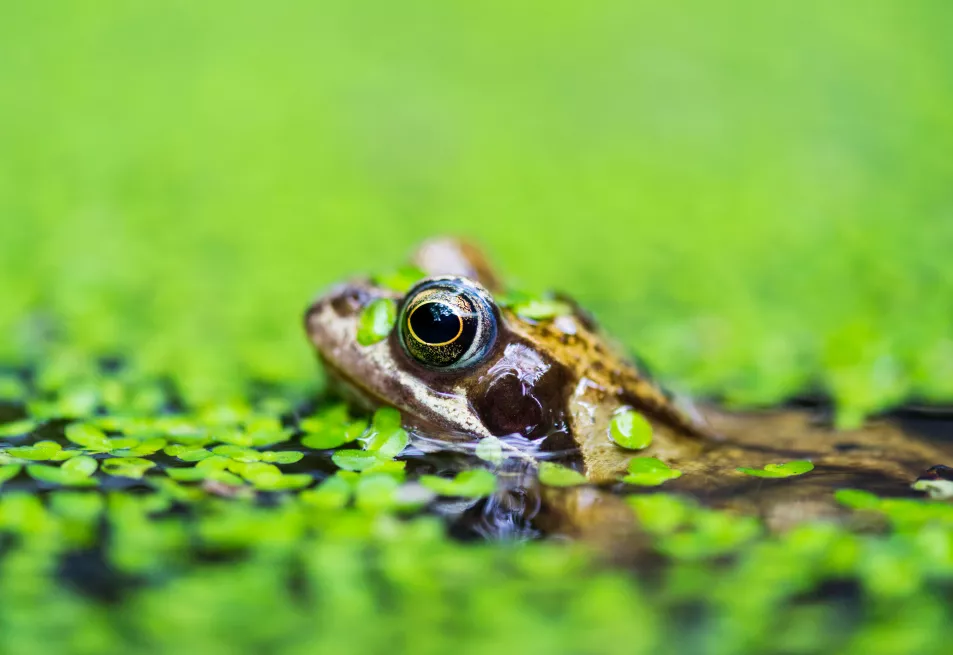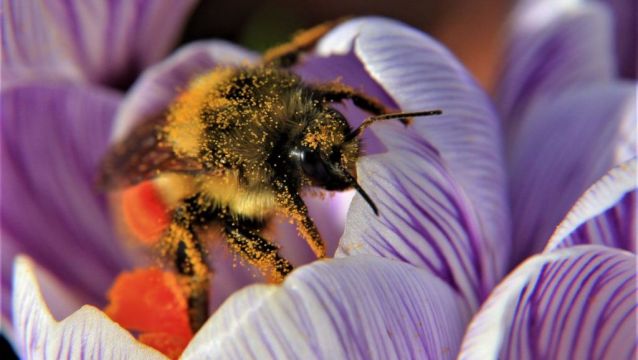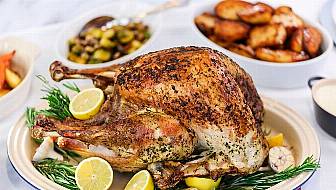You may think you can’t really make a difference when it comes to helping our wildlife – but even if you live in a tiny urban space in a city, there are ways you can make an impact.
Just one action – whether it’s filling a bird feeder, putting out water, or creating a corridor to enable wildlife to access a variety of gardens – can be beneficial. And what better time to start than Friday’s World Wildlife Day, which is all about helping declining pollinators and other garden creatures to thrive.
Here, experts suggest one thing you can do to help our regular garden visitors…
1. Birds
“Birds will come into your garden looking for food – and keep coming back if they find some,” says Helen Moffat from the RSPB.
“Through the right planting, you can provide a natural year-round source. Choose native plants and check their labels to see what benefits they’ll bring – you’re looking for plants which produce lots of berries and seeds and/or attract insects. Shrubs such as cotoneaster, pyracantha, rowan and holly are great, along with climbers like ivy and honeysuckle.”
2. Bees
If you only have a small outdoor space on a balcony or roof terrace, create versatile containers for bees emerging from hibernation, using early bulbs such as snowdrops and crocuses to tempt them in, adding drought-tolerant herbs such as lavender, rosemary and hyssop to provide nectar later on.
3. Butterflies
It is vital to protect these garden visitors – not just because they are an incredibly important part of our ecosystem, but for the joy and beauty they bring us as part of our natural environment, urges reforestation and conservation charities.
Leave sections of your lawn uncut until late summer, let hedgerows grow out and plant different types of flowers, plants and shrubs that will provide food and shelter for butterflies, including common birds-foot trefoil, green alkanets, buddleia, nasturtiums and common knapweed, the charity advises.
4. Hedgehogs
Log piles can provide a safe, secure site for breeding or hibernating, advises campaigning group Hedgehog Street. They also attract insects, providing a year round food supply for hedgehogs.
Collect any old dead wood from your garden or, if you don’t have any, ask the local park or wildlife reserve for permission to take some from their supply. Then pile it up in a quiet corner of your garden and leave the hedgehogs and insects to find it, replenishing the wood occasionally when it starts to rot down.
5. Amphibians

The most obvious measure is to create a pond in your garden, but make sure you allow easy exit for young frogs by gradually sloping one side up to dry land. Or, if it has steep sides, cover a ramp in chicken wire in one corner to ease their path.
In summer, create a water lily pad or position a few rocks half in and half out of the water, to allow frogs a point above the surface on which to rest or breathe.
6. Bats

Plant night-scented plants to attract insects, including moths and ultimately bats looking for an insect meal in the garden. Night-time nectar providers include evening primrose, honeysuckle, common jasmine, hebe and nicotiana, the tobacco plant.
7. Beetles

Log piles make great hiding places for various beetles, including the stag beetle and the devil’s coach horse, which eats invertebrates and garden pests including vine weevil.
If you don’t have enough space for a log pile, you could build a beetle bucket, The Wildlife Trusts suggests, by cutting small circular holes in the base and sides for the beetles to access, then filling it with rotting wood and leaves and dig a hole slighter bigger than the bucket to sink it into the ground.
World Wildlife Day takes place on Friday, March 3rd. See wildlifeday.org







